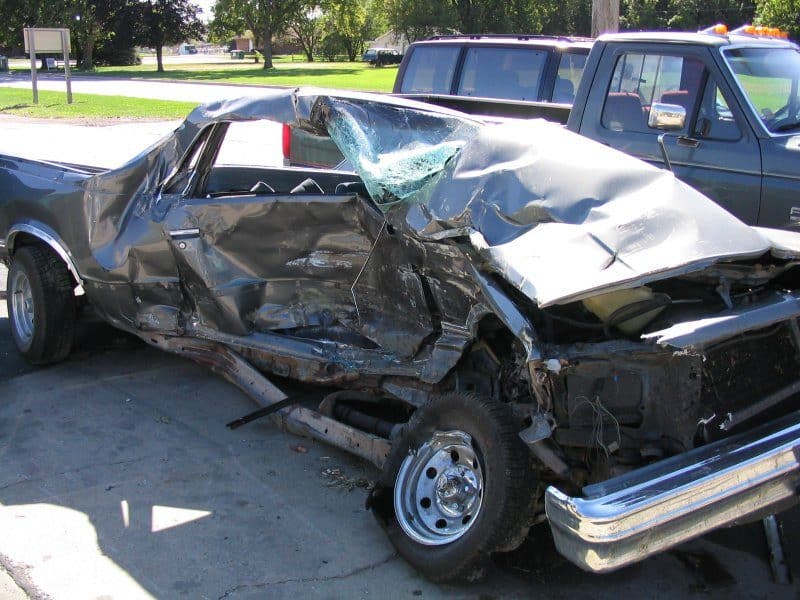When faced with the unfortunate event of a car accident, it’s not uncommon to find yourself dealing with a totaled vehicle. A car is categorized as “totaled” when the cost to repair it exceeds its market value. If you reside in California and are pondering the question, “Can I keep my totaled car?” you’re not alone. This blog will provide a thorough understanding of your options and what to expect throughout the process.
First, it’s essential to grasp the terminology surrounding totaled cars. In California, a car is declared a total loss when the repair costs are greater than its actual cash value (ACV). The insurance company typically determines the ACV by assessing the vehicle’s condition, mileage, and current market rates. However, keeping a vehicle that’s considered a total loss can hinge on various factors, including your insurance company’s policies and the vehicle’s salvage status.
Understanding the insurance company’s perspective is paramount in this situation. When your car is declared a total loss, the insurance company usually provides you with a settlement amount based on the market value of the car before the accident. If you wish to retain the car, you can often negotiate with your insurer. Generally, the company will deduct the salvage value of the car from your payout. This salvage value is what the insurer deems the worth of the car in its damaged state, which you might then be able to repair and use or sell for parts.
So, can you keep your totaled car? The answer is generally yes, but with caveats. Here are some key steps and considerations involved:
1. Discuss with Your Insurance Adjuster
Your first step should be a discussion with your insurance adjuster. Express your desire to keep the vehicle. It’s essential to understand the policy of your insurer, as not all companies allow policyholders to retain totaled vehicles. If allowed, the adjuster will explain how the process works and any financial implications involved.
2. Understand Salvage Titles
If you decide to keep your totaled vehicle, you’ll likely receive a salvage title. A salvage title is a designation indicating that the vehicle has been severely damaged, rendering it unfit for regular use without repairs. In California, this title indicates that the car has been damaged beyond a specific value threshold but does not equate to a complete loss of value. You’ll need to apply for a salvage title through the California Department of Motor Vehicles (DMV).
3. Repairing Your Totaled Car
Once you retain your vehicle, you may be contemplating whether to repair it. While some owners choose to invest in repairs after an accident, it’s crucial to assess the cost-effectiveness of such a decision. Get estimates from reputable mechanics, and compare these costs against the value of the vehicle post-repair. Additionally, consider the potential challenges of insuring a repaired totaled car. Some insurers may refuse coverage, while others may offer limited options due to the car’s history.
4. Selling the Car
If repairs seem too daunting or costly, selling the totaled car for parts is another viable option. Many mechanics and salvage yards are willing to buy damaged vehicles, even if they are not in working condition. This approach allows you to recoup some of your expenses while relieving the burden of dealing with a damaged vehicle. Just be sure to disclose its status to any potential buyers, as transparency is not only ethical but often legally required.
5. Tax Implications and Financial Considerations
It’s imperative to consider the financial ramifications of keeping your totaled vehicle. While you might receive compensation from your insurance company, retaining the car could impact your taxable income. In some instances, the IRS views the settlement payment as income, which could affect your tax deductions. Always consult a tax professional for guidance tailored to your unique financial situation.
6. The Importance of Accurate Record-Keeping
Should you keep your totaled car, meticulous record-keeping becomes essential. This includes all correspondence with your insurance company, repair estimates, and receipts for any work done. Should legal issues arise, having all documentation organized can provide invaluable support. Additionally, this information may be necessary for any future transactions involving the vehicle.
7. Legal Considerations in California
Finally, familiarize yourself with California’s laws and regulations regarding totaled vehicles and salvage titles. The DMV website offers an array of resources to help navigate this complex landscape. Ensure that you comply with state requirements to avoid potential fines or legal trouble in the future. Consulting with a legal expert who specializes in automotive or consumer law can also clarify any gray areas you may encounter.
In conclusion, while keeping your totaled car in California is indeed possible, the process involves several considerations. From understanding salvage titles to the nuances of repair versus resale, it requires careful thought and planning. Engaging with your insurance adjuster, assessing the car’s condition, and maintaining thorough documentation can pave the way toward a smoother experience. Whether you choose to repair, sell, or retain the car as is, being informed about your options will ultimately serve you best.
